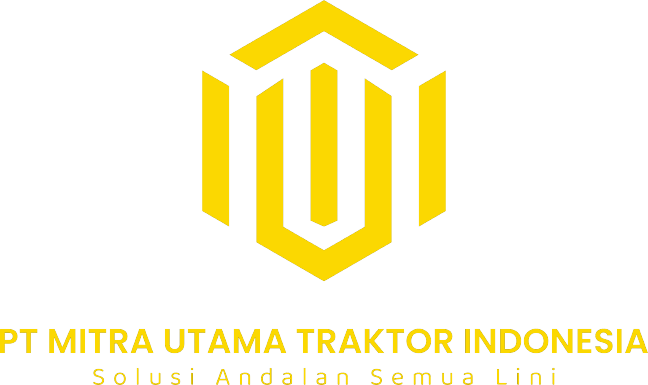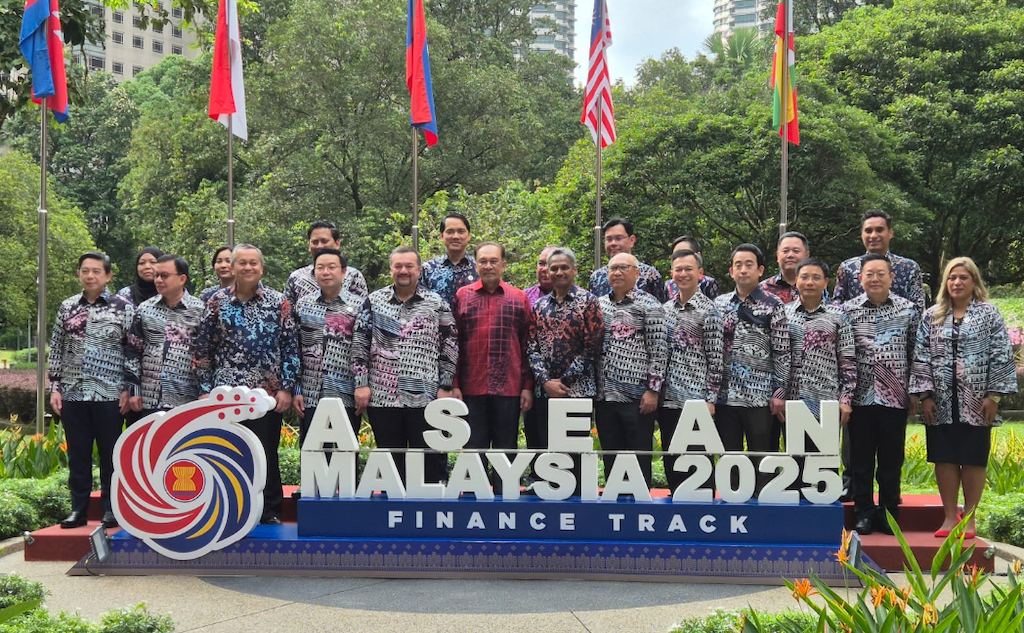ASEAN’s Joint Commitment in Navigating Global Uncertainty
The world faces economic uncertainty, geopolitical tension, and climate change. Cross-country collaboration is now more essential than ever. It helps ensure global stability and promotes sustainable growth. As a dynamic economic region, ASEAN continues to strengthen its regional foundation through various collective initiatives. One of the most strategic forums in this regard is the ASEAN Finance Ministers’ and Central Bank Governors’ Meeting (AFMGM).
At the 12th AFMGM held in 2025, ASEAN members reaffirmed the importance of regional financial synergy. They stressed collaboration to address global challenges affecting economic and financial stability. The meeting was more than a forum for discussion. It served as concrete proof of collective action among ASEAN nations. The goal was to boost economic resilience and support sustainable development. Green economic transformation was also highlighted as a key focus area.
What Is AFMGM? A Strategic Forum for ASEAN’s Financial Stability
AFMGM (ASEAN Finance Ministers’ and Central Bank Governors’ Meeting) is an annual forum that brings together finance ministers and central bank governors from ASEAN member states. It plays a vital role in shaping macroeconomic policies, strengthening financial stability in the region, and deepening regional economic integration.
AFMGM was created to ensure coordination between fiscal and monetary authorities across ASEAN countries. It recognizes that economic challenges are not only national but also regional and global in nature. Each year, the forum discusses various important topics relevant to regional financial stability and integration. Key topics include tax reform and the digitalization of the financial system across member states. Other priorities are financial inclusion and strengthening green finance to address ongoing climate challenges.
AFMGM Member Countries: The Pillars of ASEAN’s Economic Unity
AFMGM includes the 10 ASEAN member states: Indonesia, Malaysia, Singapore, Thailand, Philippines, Brunei Darussalam, Vietnam, Laos, Myanmar, and Cambodia.
Each country brings its own perspectives and experiences, but all share a common vision: to build ASEAN as an economically stable, inclusive, and competitive region. Through this forum, member states can coordinate their fiscal and monetary strategies to collectively respond to external pressures such as global market volatility, inflation risks, and economic slowdowns.
What makes this forum unique is the collaboration between fiscal and monetary authorities. Both finance ministers and central bank governors participate in discussions to develop coordinated responses to current global financial challenges.

https://www.pexels.com/photo/close-up-of-globe-335393/
Key Focus: Strengthening Financial Cooperation and Strategic Agendas
The 12th AFMGM in 2025 focused on several key topics that reflect the strategic priorities of ASEAN’s financial integration:
- Enhancing Regional Financial Cooperation, ASEAN recognizes that stronger financial resilience can be achieved through integrated and collaborative systems. The meeting emphasized the need to expand cross-border cooperation in financial supervision, crisis management mechanisms, and regional reserve pooling, such as the Chiang Mai Initiative Multilateralization (CMIM).
- Digitalizing the Financial System. In this digital era, ASEAN is committed to accelerating the digital transformation of the financial sector, including payment system interoperability, cross-border QR code integration, and the careful development of Central Bank Digital Currencies (CBDCs). These efforts aim to make cross-border transactions more efficient and widen access to digital financial services.
- Green Development and Sustainable Finance. Climate change was a major topic. ASEAN financial leaders agreed to expand green financing and strengthen the ASEAN taxonomy for sustainable finance to attract more environmentally friendly investments. This includes support for sectors implementing low-emission technologies such as clean fuels and renewable energy infrastructure.
- Financial Inclusion and MSME Resilience AFMGM also emphasized the importance of supporting micro, small, and medium enterprises (MSMEs) by improving access to sustainable and inclusive financing. Financial inclusion is seen as a key driver of equitable and widespread economic growth across the region.
ASEAN+AFMGM Synergy as a Foundation for Regional Resilience
The 12th AFMGM reaffirmed ASEAN’s commitment to facing global challenges collectively and in a coordinated manner. In a volatile economic environment shaped by geopolitical tensions and market shocks, the synergy between ASEAN’s financial institutions forms a vital foundation for maintaining regional stability and accelerating recovery.
This forum proves that ASEAN is not only an economically growing region, but also resilient in crisis and open to innovation. The commitment to financial cooperation, green transition, and digital acceleration is a strong indication that the region is ready to move toward a more inclusive and sustainable future.
For market players and investors, the outcomes of AFMGM send a positive signal that ASEAN remains a strategic region for investment, particularly in forward-looking sectors such as clean energy, digital payments, and sustainable green economies.
Read other Articles: The Global Role in World Sustainable Transport Day





